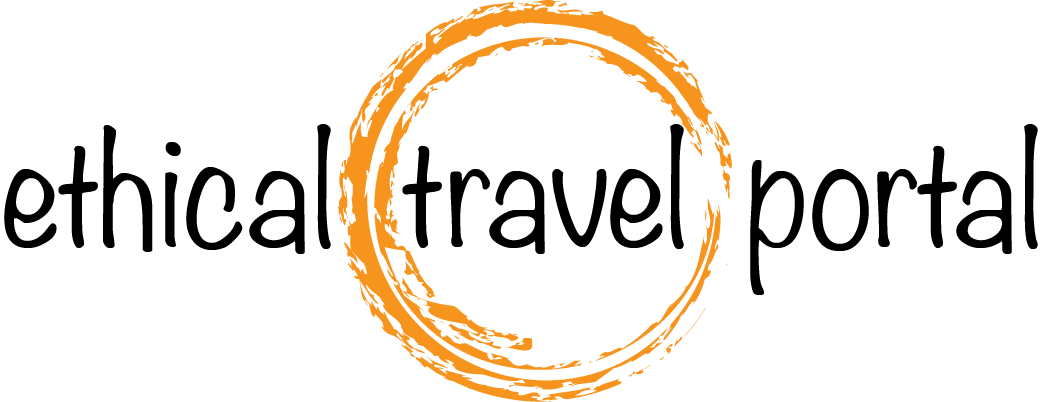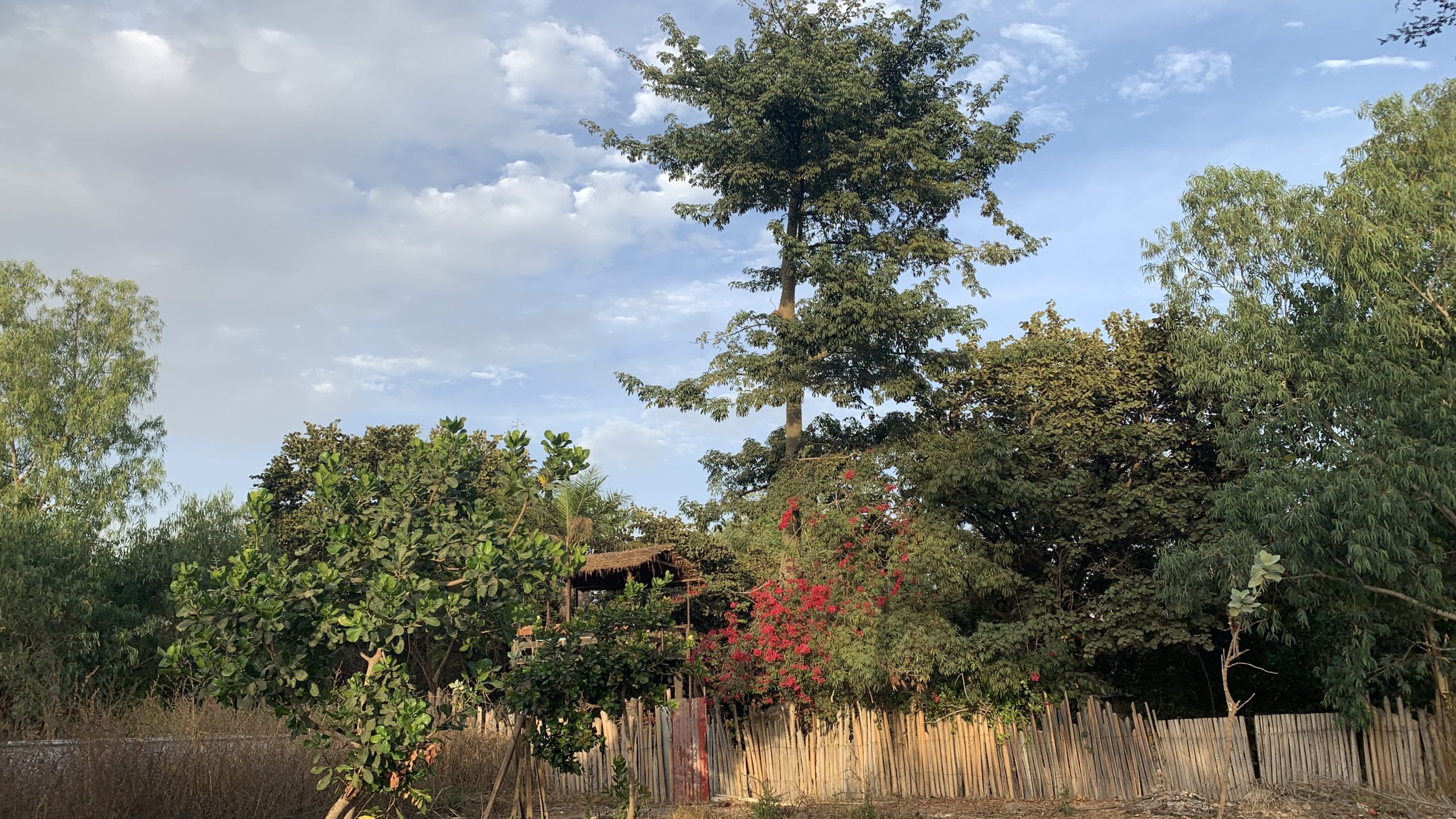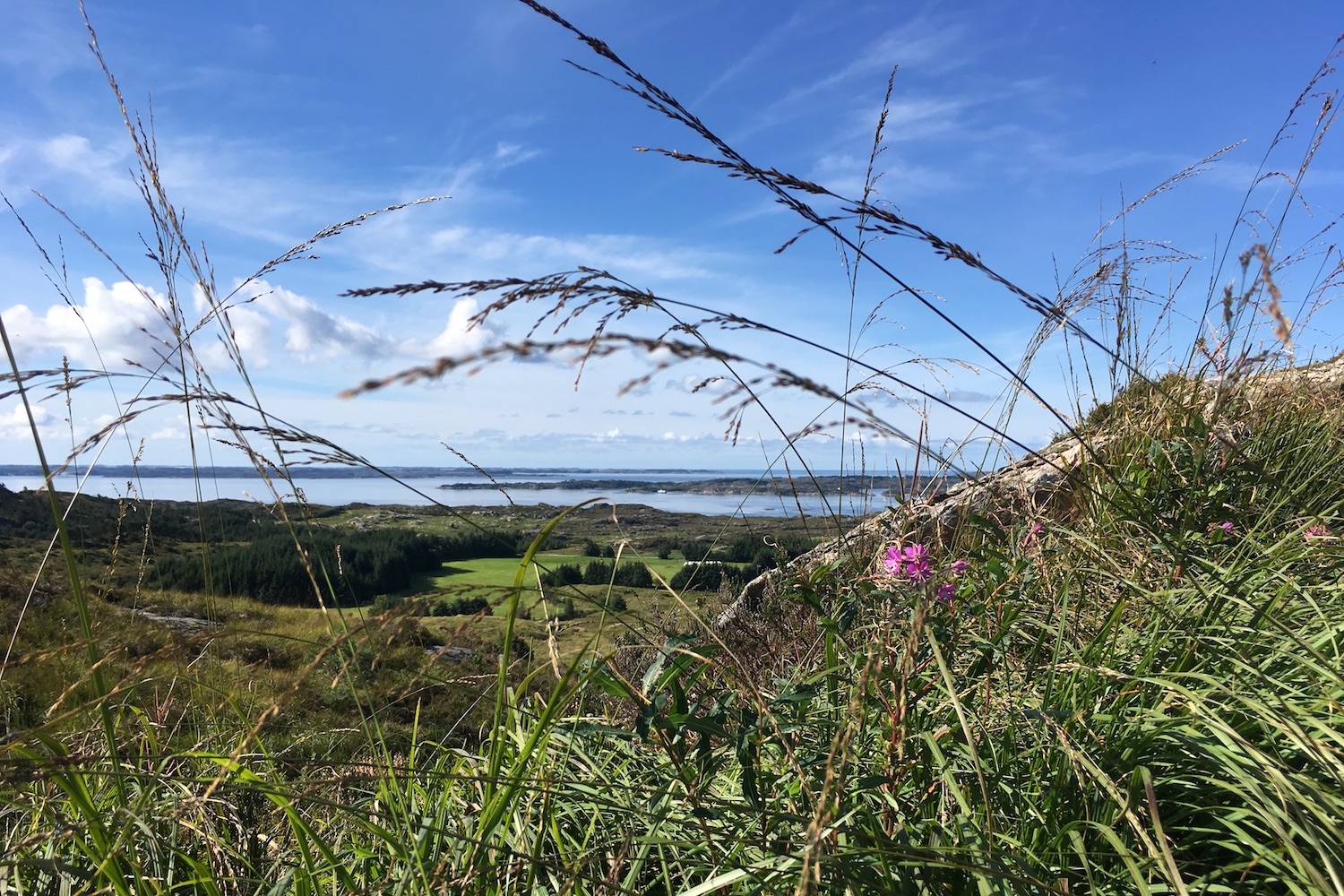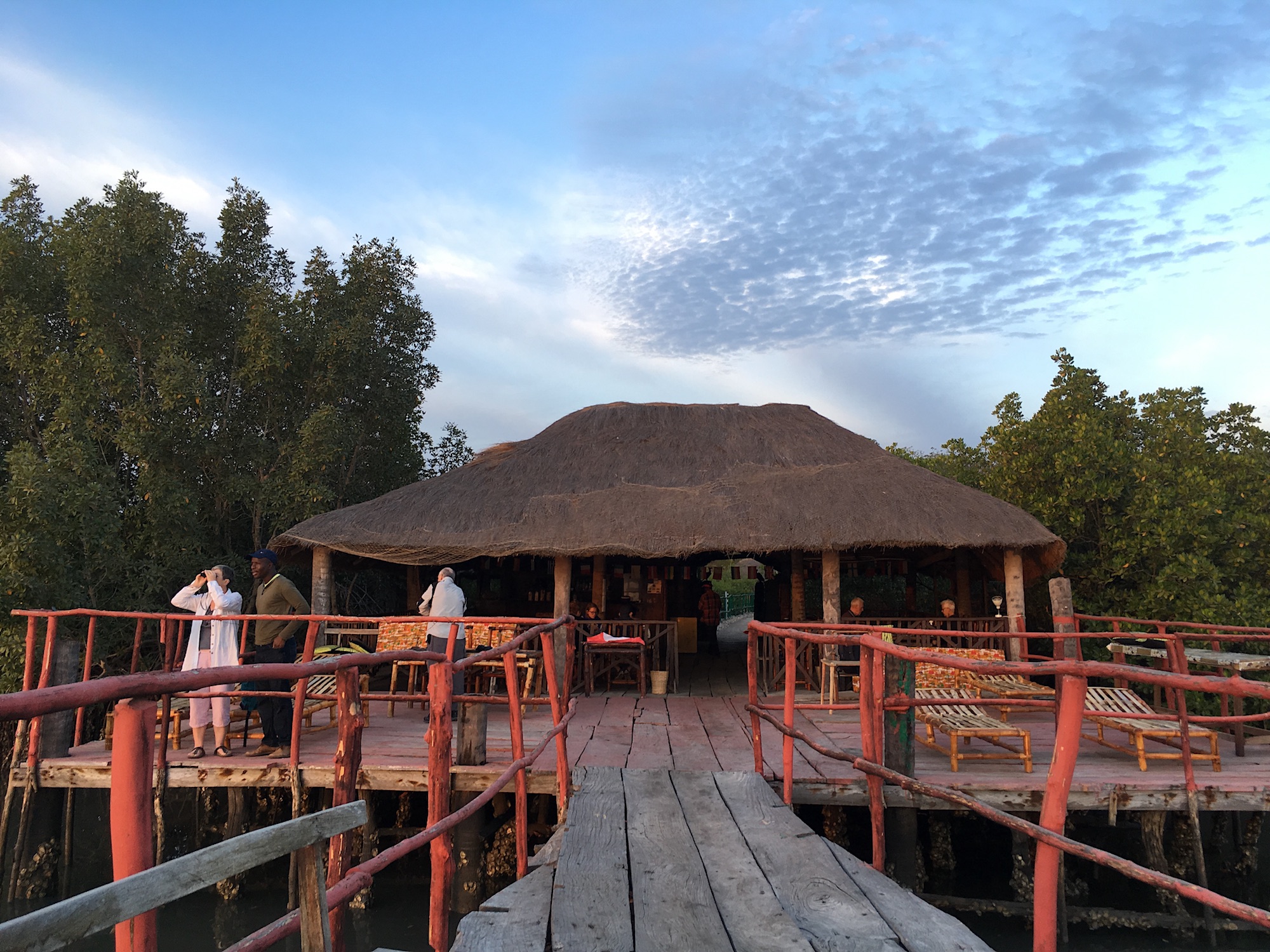

How to Identify If You’re Staying in an Eco-Lodge
4 mins readAs the climate crisis hits, more people are striving to travel consciously and reduce their environmental footprint. Likewise, more businesses are wanting to reduce their impact on the environment. Arguably this is somewhat exciting; however, some companies within the tourism sector try to play on this promoting their businesses as ‘eco-friendly’. When travelling, you may see the case of many forms of accommodation claiming to be environmentally conscious and use the ‘eco-friendly’ buzzwords. However, how do you know you’re staying in one? Here at Ethical Travel Portal, we have a few tips:
1) Does it positively impact the local community?
Eco-Lodges benefit the local people, which is often in terms of hiring locals and guides. If locals are employed, do they support the culture, traditions & environment around them? Moreover, are the employees paid fairly?
Question the strategies the eco-lodge has in place to help the local communities. For example, do they donate to certain non-profits? Perhaps they are involved in local conservation programmes?
Similarly, to be renowned as ‘eco’ the building inside and out has to be made by local craftspeople, allowing investment back into the local economy. For example, when building the lodge initially did they employ locals to build? Likewise, what techniques did they use to build and what resources were used to construct the lodge? Is the furniture inside typical of that country? Was it made by locals hands or was it imported?
2) Does its restaurant (if it has one), use local ingredients?
Many often imply its found locally but do their restaurant use local ingredients? You can check what’s local outside of the resort. As you can find popular food items available at local markets. Ask around which foods are common in a particular season to have and which are not. Likewise, use your initiative, for example, if you find pineapples in the winter season they’ve clearly been imported…
3) Have they gone plastic-free?
Today with the plastic crisis, many eco-lodges have either went plastic-free or strive to become it. If they have water bottles, plastic wrappers or any other plastic disposable objects, do they recycle? If so, they may have a waste system where specific waste gets disposed amongst different bins. Similarly, do they consider the amount of plastic they use? Sometimes eco-lodges swap shampoo/conditioners for soap bars. Nowadays many eco-friendly accommodations use biodegradable wrapping for room amenities, limiting on plastic. Likewise, drinking straws switched to bamboo or copper. About drinking, some eco-lodges now remove the complimentary water in plastic bottles from rooms, providing guests with glass jars to fill up drinking water from a filter.

4) Does the eco-lodge have a water consumption policy?
Eco-lodges care and respect the environment and strive to conserve water more effectively. One, in particular, is the number of times towels and bed linens are washed. It is often the case they have instructions promoting the benefits of reusing towels/linens. Sometimes eco-lodges also have filtration systems in place and recycle their water waste. When doing the laundry, do they use low watt washing machines?
5) Are the energy resources they run off, renewable?
What energy sources does the lodge operate off? Does it have solar panels to generate electricity or hot water? Perhaps it has other alternative forms such as wind power? Notice their lightbulbs, are they low wattage or LED? To limit light usage, they may have built-in sensors inside the rooms.
6) Empower and impact natural surroundings
When constructed did it have little impact on the natural surroundings? Does the landscape remain relatively untouched and unspoilt from the construction of the lodge?
7) Do they educate the guests?
What sort of policies do they have in place? Do they inform the guests on how to respect the environment? Likewise, do they show how they’re helping the environment? Is there instructions located around the lodge showing why they should conserve the environment?
8) Have they gone the extra mile?
It’s essential most eco-lodges include and practice all of these points. Likewise, it’s often the minimum of what should be required for them to become ‘eco-friendly’. What they do beyond these points and strive to be sustainable continually is what makes them a truly dedicated eco-lodge. An example is, we were once informed: “you know it’s an eco-lodge when they have a freshwater filtering pool.” Look out for the extra efforts they go to achieve sustainability.
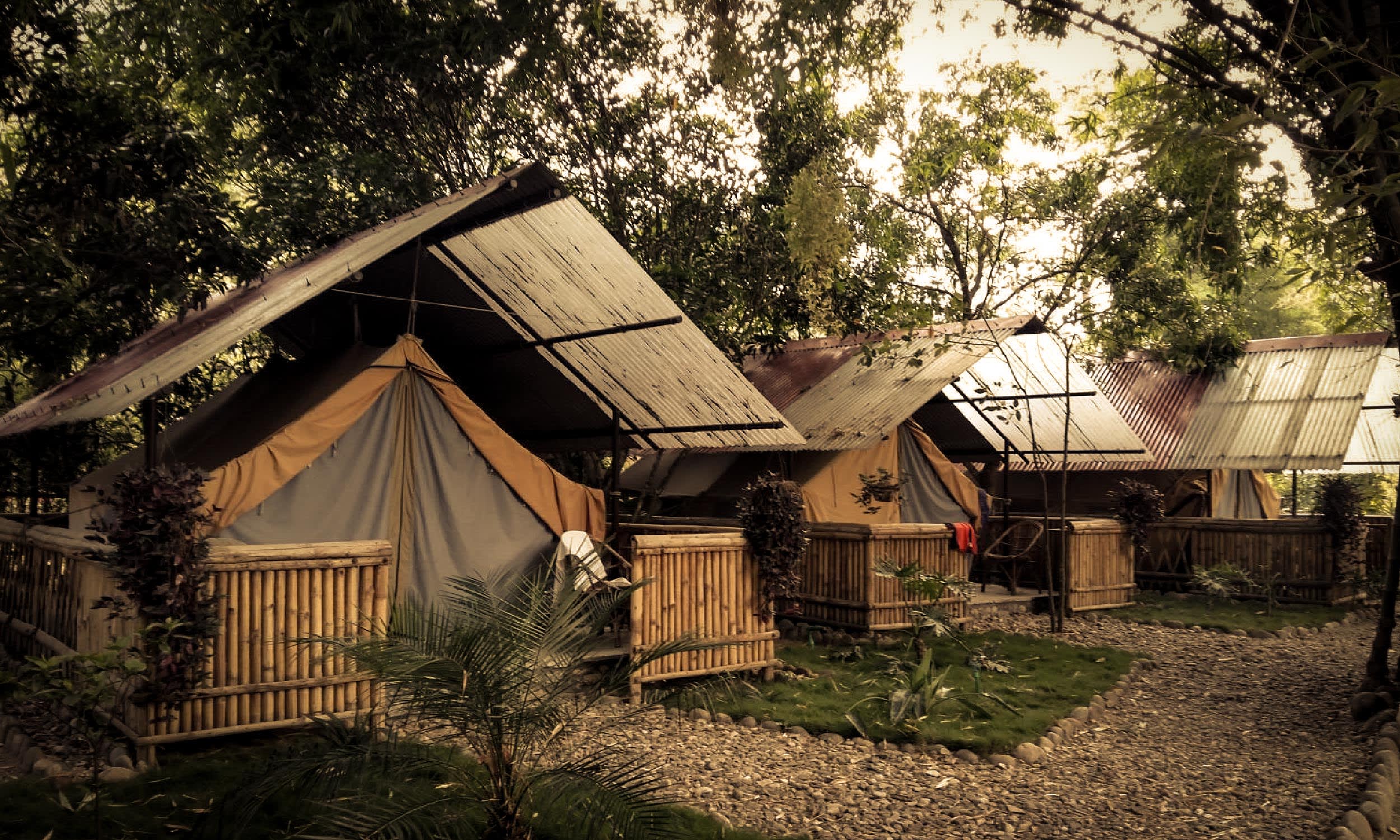
Greenwashing and How to Spot
Be careful when looking to stay at an eco-lodge, sometimes companies cling to these ‘buzzwords’ such as ‘eco’ and environmentally friendly. Often companies spend excess amounts of money on marketing on how ‘green’ they are. This gives their consumers an impression they care towards the environment, but when the reality is none have green policies in place. This is commonly known as greenwashing.
To detect if an eco-lodge is greenwashing, don’t trust the slogans or neutral colours used in their advertising. We suggest looking for proof of green policies they use to promote the company. Can they fully elaborate on their policies or are they vague in explanation? As indicated above in this post, do your research and then make a verification if it’s a true eco-lodge or not.
Post Tags:
Related Posts
Sorry, the comment form is closed at this time.
